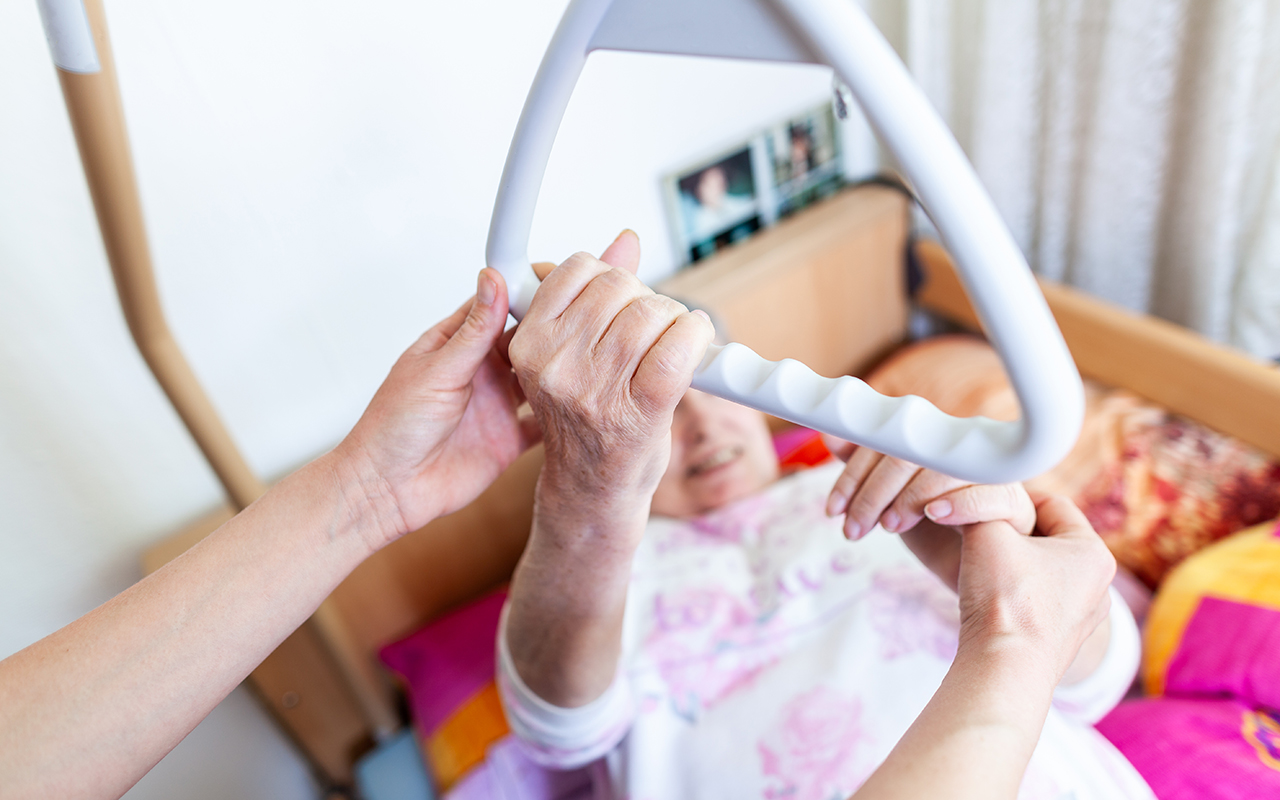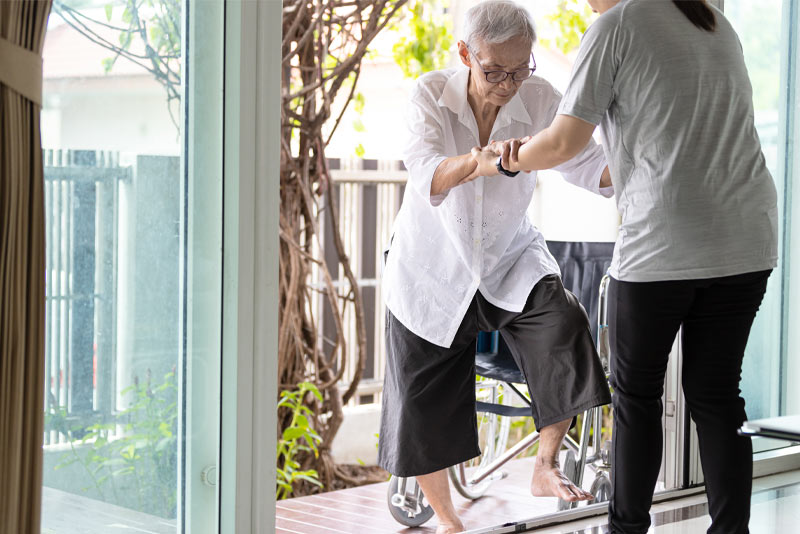How Caregivers Can Reduce Injury While Assisting Seniors Providing daily care for seniors is meaningful work. It can also be physically demanding. Many caregiver injuries happen during lifting, transferring, or repositioning seniors. These injuries are often preventable when proper techniques are used. Learning caregiver injury prevention strategies protects both the caregiver and the senior. It
Build a Caregiver Support Network: Finding the Help and Encouragement You NeedCaring for a loved one is one of the most meaningful and selfless things you can do. But being a family caregiver can also be emotionally, physically, and mentally draining. Whether you’re new to caregiving or have been doing it for years, building a
The Role of Respite Care: Supporting Caregivers and Seniors Caring for an aging loved one is an act of love, patience, and dedication. However, even the most committed caregivers need time to rest, recharge, and take care of their own needs. This is where respite care for caregivers plays a vital role. By offering temporary
Emotional Challenges of Caregiving Understanding and Coping with the Emotional Toll of Being a Caregiver Caregiving is one of the most rewarding roles a person can take on. It allows individuals to provide meaningful support to a loved one in need. However, it also comes with significant emotional challenges. Whether you’re caring for an elderly
The Benefits of Music Therapy for Seniors As people age, maintaining physical health, emotional well-being, and cognitive function becomes increasingly important. One powerful yet often overlooked tool for supporting senior wellness is music therapy. Whether it’s listening to favorite songs, playing an instrument, or participating in a guided session, music therapy for seniors can spark
Create a Safe Home Environment: Senior Home Safety Tips to Prevent Accidents As our loved ones age, creating a safe home environment becomes a top priority. Many seniors prefer to stay in their homes as long as possible, but aging in place comes with unique safety challenges. Falls, burns, and medication errors are just a
Maintain Mental Sharpness: Essential Tips for Seniors Maintaining mental sharpness is vital for seniors who want to enjoy a high quality of life. Keeping the brain active not only supports memory but also promotes emotional well-being. At Caring Home Care, we understand the importance of providing cognitive health tips that truly work. Here’s a guide
Signs of Caregiver Burnout: How to Recognize and Prevent It Caring for a loved one can be rewarding, but it also comes with significant challenges. Over time, the emotional, physical, and mental strain can take a toll, leading to caregiver burnout. Recognizing the caregiver burnout signs early can help avoid long-term stress and exhaustion. In
Balance Caregiving with Personal Life: Essential Tips for Caregivers Introduction Balancing caregiving with personal life can be challenging, but it’s essential for caregivers to maintain their well-being. Whether you’re providing care for an aging parent, a spouse, or a loved one with a chronic condition, finding time for yourself is crucial. Without proper balance, caregiver
Cultural Competence in Home Care: Providing Sensitive and Inclusive Care Cultural competence is increasingly becoming a crucial element of home care services. As the population in the United States continues to diversify, caregivers must be equipped to provide care that is respectful of and sensitive to the cultural, religious, and ethnic backgrounds of their patients.












